Bracken spraying, gorse mulching, heather mulching, cattle grazing, controlled burning and firebreak cutting are among the range of actions carried out by farmers involved in the Sustainable Uplands Agri-Environmental Scheme (SUAS).
SUAS is a pilot project which aims to develop innovative and sustainable solutions to the economic and environmental challenges facing farmers in the Wicklow and Dublin uplands.
Last week, the Irish Farmers Journal attended a SUAS event on the farm of Richard and Cormac Ryan, in Kilmashogue, Co Dublin.
The progress being made within the SUAS project, the challenges associated with the management of upland habitats, as well as report the findings to date and a farm walk in an upland habitat that is in good condition all featured during the event.
Habitat management
Project manager of the SUAS EIP scheme Declan Byrne said: “Our number one achievement is that we have engaged with farmers to manage the habitats, particularly in relation to commonages.
“In addition to this, the farmers we’re working with are now more conscious of farming for biodiversity.”
When asked on why he joined the project, farmer Richard Ryan said that he needed help in maintaining his upland area.
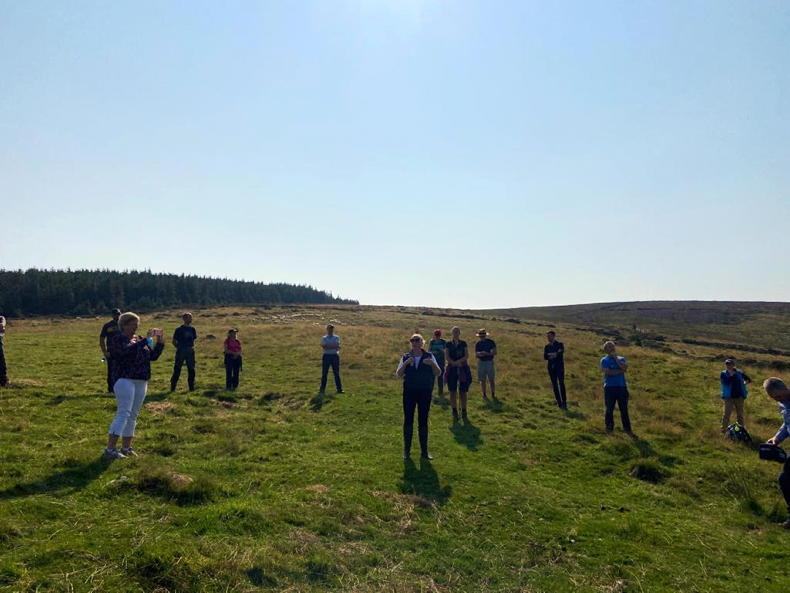
Helen Sheridan of UCD School of Agriculture and Food Science gave an overview of the habitats present in the Wicklow/Dublin mountains.
“I needed SUAS to help me burn the hill. I’m surrounded by forest, so burning it can be next to impossible, you need a lot of help.
“A lot of measures promoted by SUAS were measures that I was already doing,” Ryan added.
Other measures Ryan has undertaken on his farm have included putting out feed buckets for his sheep on the hill. Buckets encourage the sheep into smaller areas, with increased grazing in those areas.
Findings so far
So far, the project has found that commonage groups are an effective way of dealing with management, as they provide a platform for farmers to work together and make joint decisions for the future of their areas.

Project manager of the SUAS EIP scheme Declan Byrne said: “Our number one achievement is that we have engaged with farmers to manage the habitats, particularly in relation to commonages."
Results have also shown that grazing management is needed for the management of the uplands in the long term.
Both numbers and timings of grazing are important and it has been shown that the grazing patterns in the Dublin and Wicklow uplands are not ideal for the successful management of habitats on these site.
This is because, so far, grazing patterns in these areas have been dictated by economics and agri-environmental schemes.
Minister Pippa Hackett, who was also in attendance, said she thinks the collaboration on the project is what makes it so successful.
“The moral obligation to preserve biodiversity and ecology is reaching out to more and more people and groups and that’s very important,” she said.
The SUAS project began in 2018 and is set to run until the end of 2022.
Currently, there are 46 commonage farmers on seven commonages and three non-commonage farmers participating in the project, managing 2,746ha in total. The project is one of the European Innovations Partnership (EIP) projects.
Bracken spraying, gorse mulching, heather mulching, cattle grazing, controlled burning and firebreak cutting are among the range of actions carried out by farmers involved in the Sustainable Uplands Agri-Environmental Scheme (SUAS).
SUAS is a pilot project which aims to develop innovative and sustainable solutions to the economic and environmental challenges facing farmers in the Wicklow and Dublin uplands.
Last week, the Irish Farmers Journal attended a SUAS event on the farm of Richard and Cormac Ryan, in Kilmashogue, Co Dublin.
The progress being made within the SUAS project, the challenges associated with the management of upland habitats, as well as report the findings to date and a farm walk in an upland habitat that is in good condition all featured during the event.
Habitat management
Project manager of the SUAS EIP scheme Declan Byrne said: “Our number one achievement is that we have engaged with farmers to manage the habitats, particularly in relation to commonages.
“In addition to this, the farmers we’re working with are now more conscious of farming for biodiversity.”
When asked on why he joined the project, farmer Richard Ryan said that he needed help in maintaining his upland area.

Helen Sheridan of UCD School of Agriculture and Food Science gave an overview of the habitats present in the Wicklow/Dublin mountains.
“I needed SUAS to help me burn the hill. I’m surrounded by forest, so burning it can be next to impossible, you need a lot of help.
“A lot of measures promoted by SUAS were measures that I was already doing,” Ryan added.
Other measures Ryan has undertaken on his farm have included putting out feed buckets for his sheep on the hill. Buckets encourage the sheep into smaller areas, with increased grazing in those areas.
Findings so far
So far, the project has found that commonage groups are an effective way of dealing with management, as they provide a platform for farmers to work together and make joint decisions for the future of their areas.

Project manager of the SUAS EIP scheme Declan Byrne said: “Our number one achievement is that we have engaged with farmers to manage the habitats, particularly in relation to commonages."
Results have also shown that grazing management is needed for the management of the uplands in the long term.
Both numbers and timings of grazing are important and it has been shown that the grazing patterns in the Dublin and Wicklow uplands are not ideal for the successful management of habitats on these site.
This is because, so far, grazing patterns in these areas have been dictated by economics and agri-environmental schemes.
Minister Pippa Hackett, who was also in attendance, said she thinks the collaboration on the project is what makes it so successful.
“The moral obligation to preserve biodiversity and ecology is reaching out to more and more people and groups and that’s very important,” she said.
The SUAS project began in 2018 and is set to run until the end of 2022.
Currently, there are 46 commonage farmers on seven commonages and three non-commonage farmers participating in the project, managing 2,746ha in total. The project is one of the European Innovations Partnership (EIP) projects.






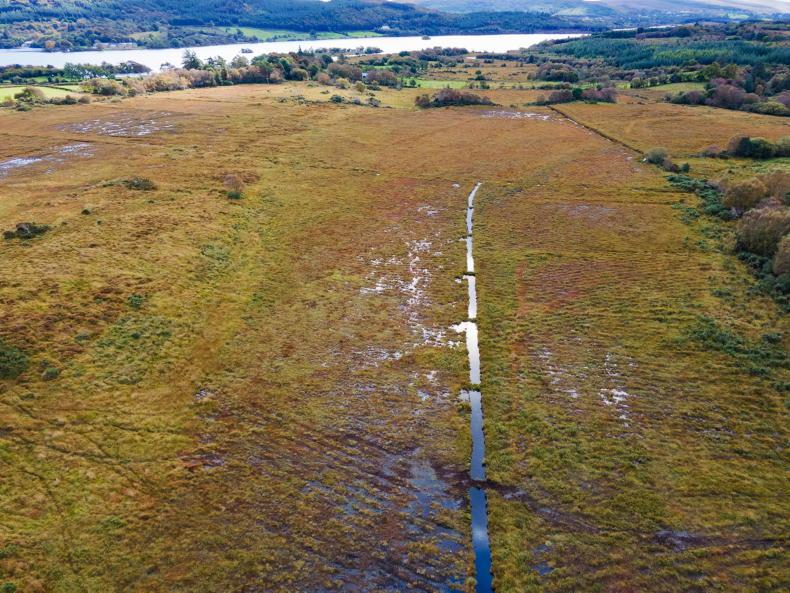

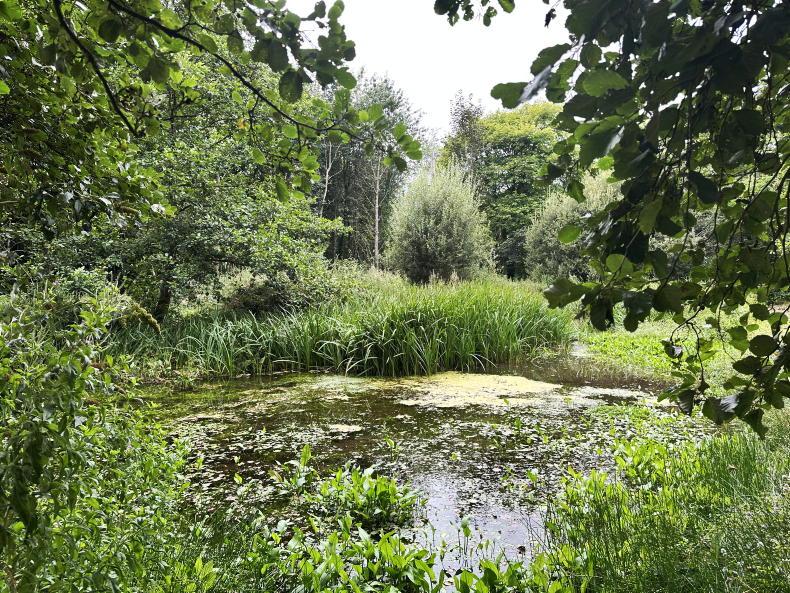
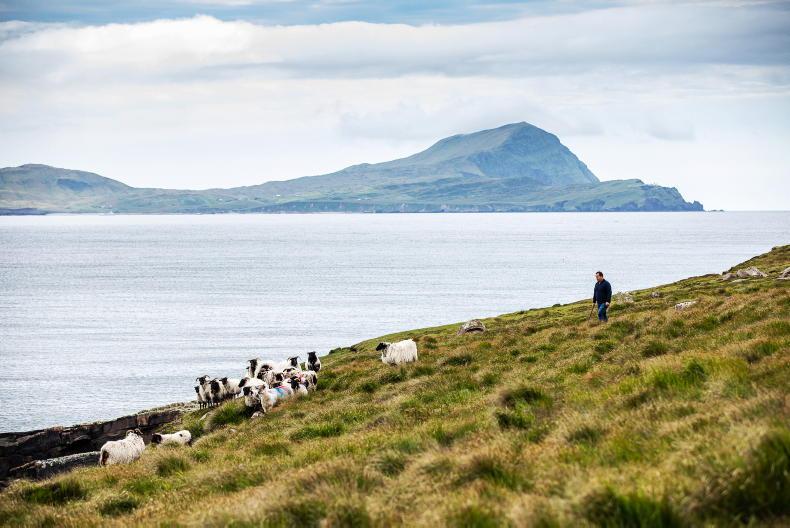
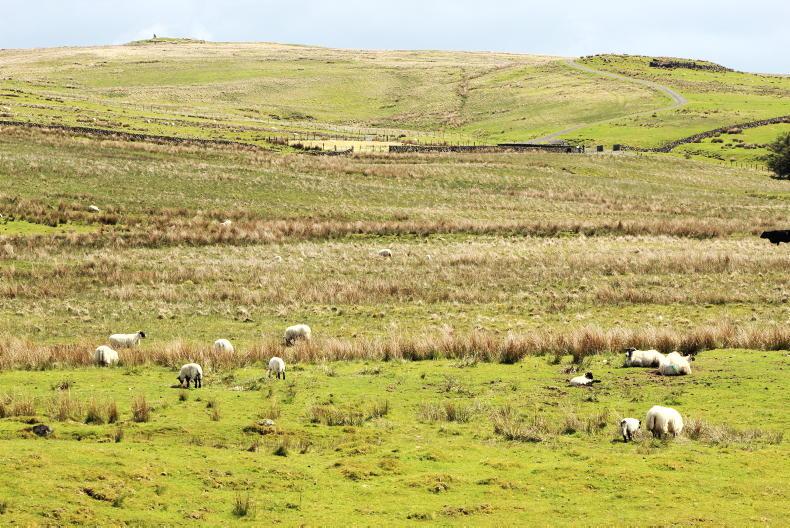
SHARING OPTIONS